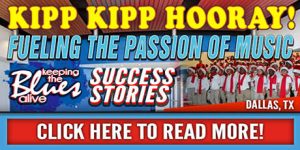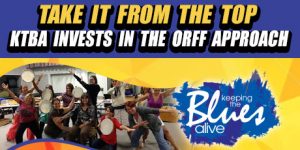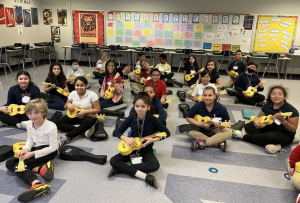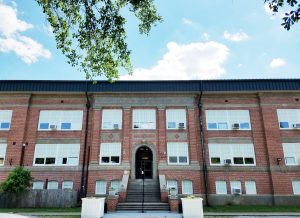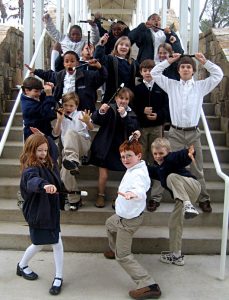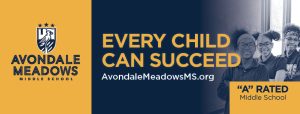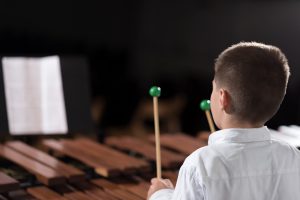
Keeping the Blues Alive: KTBA Donates Two Suzuki Xylophones to Elementary School
KTBA DONATES TWO SUZUKI XYLOPHONES TO ELEMENTARY SCHOOL South Otselic, NY – Thanks to your donations, Keeping the Blues Alive Foundation donated two (2) Rosewood Suzuki Xylophones at Otselic Valley Central School! Otselic is a small town in Central New York boasting just over 1,000 residents. Named after the Otselic River that passes through it, the town is known for its farms and its history of settlers from the 19th Century. “Our school is located in rural Central New York,” Mr. Scott states as he describes the area. “It is a beautiful and secluded countryside full of farms, hills, and colors. To give you an idea of our size, we graduate around 23 students a year.” Be that as it may, the school maintains a successful chorus program with approximately 85 students. “All students in grades Pre-K through 6th grade received an hour of general music instruction every week. [The students] love to learn through playing and experiencing music and [they] love a good challenge! With new materials in the classroom, we could provide a new dimension to our music education, full of new and varied challenges. I try to have my students do four things in every music lesson: sing, play an instrument, move to music, and read music. These instruments will be a valuable tool towards reaching these goals.” Students in the percussion session must be skilled multi-taskers! Not only are they playing their instruments with the ensemble, they’re also responsible for keeping time for the orchestra, following the conductor, and efficiently flowing through the percussion section with grace. “These instruments will be the first step towards a Percussion Ensemble. If I can create an ensemble and have my students perform in the community, I can help them create experiences that they will remember fondly for the rest of their lives,” he adds. Thanks to the generosity of Joe Bonamassa fans and music lovers like you, Keeping the Blues Alive was able to donate two Suzuki xylophones to the music program. Mr. Scott expresses his gratitude: Dear Keeping The Blues Alive Foundation, Inc., Thank you so much for funding this project! My students (and I) are ecstatic! Now we will be able to create amazing music and memories that will last our entire lives. Thanks a lot! Education is an investment that takes an entire generation to bear fruit. This makes it hard for some people to prioritize it. Thank you for your faith in education and in our future. With gratitude, Mr. Scott Every week, Keeping the Blues Alive Foundation makes a donation to a school in need of music instruments, supplies, sheet music, and more! Your donation helps us to keep music in schools while preserving blues heritage. If you would like to help us fund next week’s project, click here to make a donation! All donations are fully tax-deductible! Thank you for keeping music education in schools! P.S. Stay on the look-out for upcoming pledge opportunities for Giving Tuesday (Nov. 27th), the Tuesday after Thanksgiving. Giving Tuesday is the BIGGEST nonprofit fundraiser of the year and we would love to have your pledge Shawn Hagood for Keeping the Blues Alive Help us with our mission of Keeping the Blues Alive in schools! To learn more or donate to Keeping The Blues Alive, visit our website at https://keepingthebluesalive.org/







